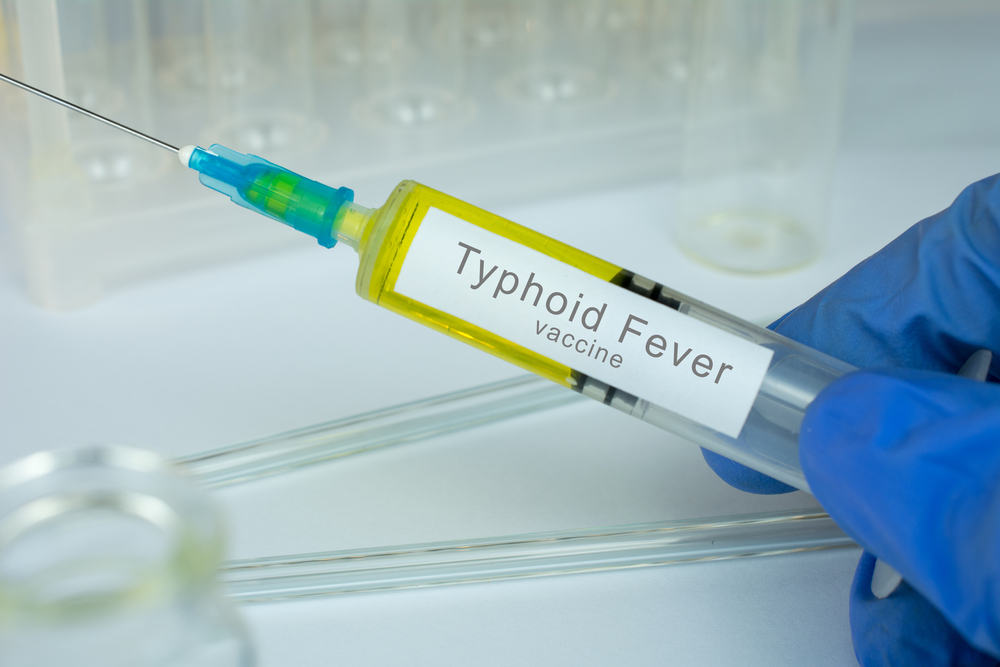
A new report recently showed that the Typhoid Conjugate Vaccine (TCV) has a more than 81 percent effective rate among vaccinated children in Nepal.
The report, provided to the New England Journal of Medicine by the Typhoid Vaccine Acceleration Consortium (TyVAC), was based on a field study of 20,000 Nepalese children between the ages of 9 months and 16 years old. Though TCV has previously shown efficacy against typhoid through volunteers in the United Kingdom, this marked the first time the drug was tested on an endemic population — and the preliminary results were highly favorable.
“This is the first study to show that a single dose of TCV is safe, immunogenic, and effective, which provides clear evidence that vaccination will help efforts to control this serious disease and is a strong endorsement of the WHO policy for vaccine implementation,” Andrew Pollard, professor of Pediatric Infection and Immunity at Oxford University’s Department of Pediatrics, said.
Pollard and Oxford are among the members of TyVAC, which also includes researchers from the University of Maryland School of Medicine and PATH.
Typhoid is a major cause of fever among children in low and middle-income nations, leading to nearly 11 million cases and more than 116,000 deaths each year. The World Health Organization first recommended TCV be added to a list of prequalified vaccines for infants and children in typhoid-endemic countries last year.
For this test, children were divided into two groups. One group received TCV, and the other received the Group A Meningococcal (Men A) vaccine to act as a control group. Of these, typhoid struck 38 participants receiving the Men A vaccine. Only seven participants from the TCV group were affected. That said, researchers will continue to track participants for two years.
“The efficacy of these results in an endemic population adds to a growing body of evidence supporting the use of TCV to reduce disease and save lives in populations that lack clean water and improved sanitation,” said Dr. Kathleen Neuzil, MPH director of the Center for Vaccine Development and Global Health at the University of Maryland School of Medicine and director of TyVAC.




